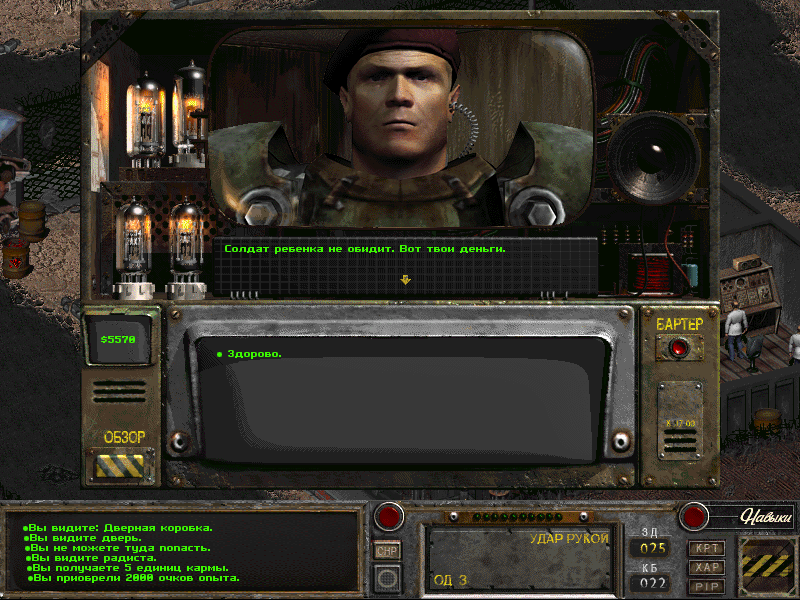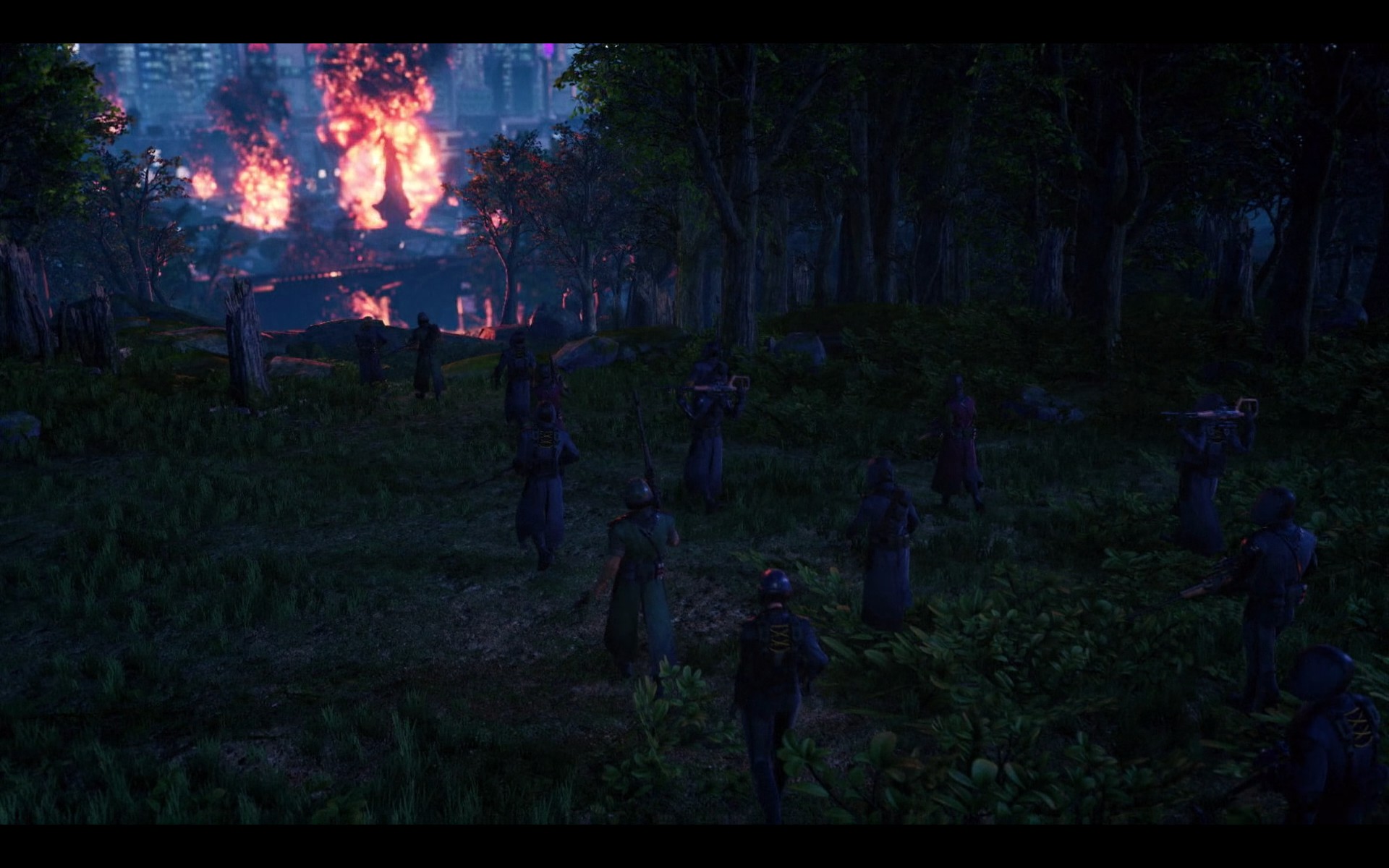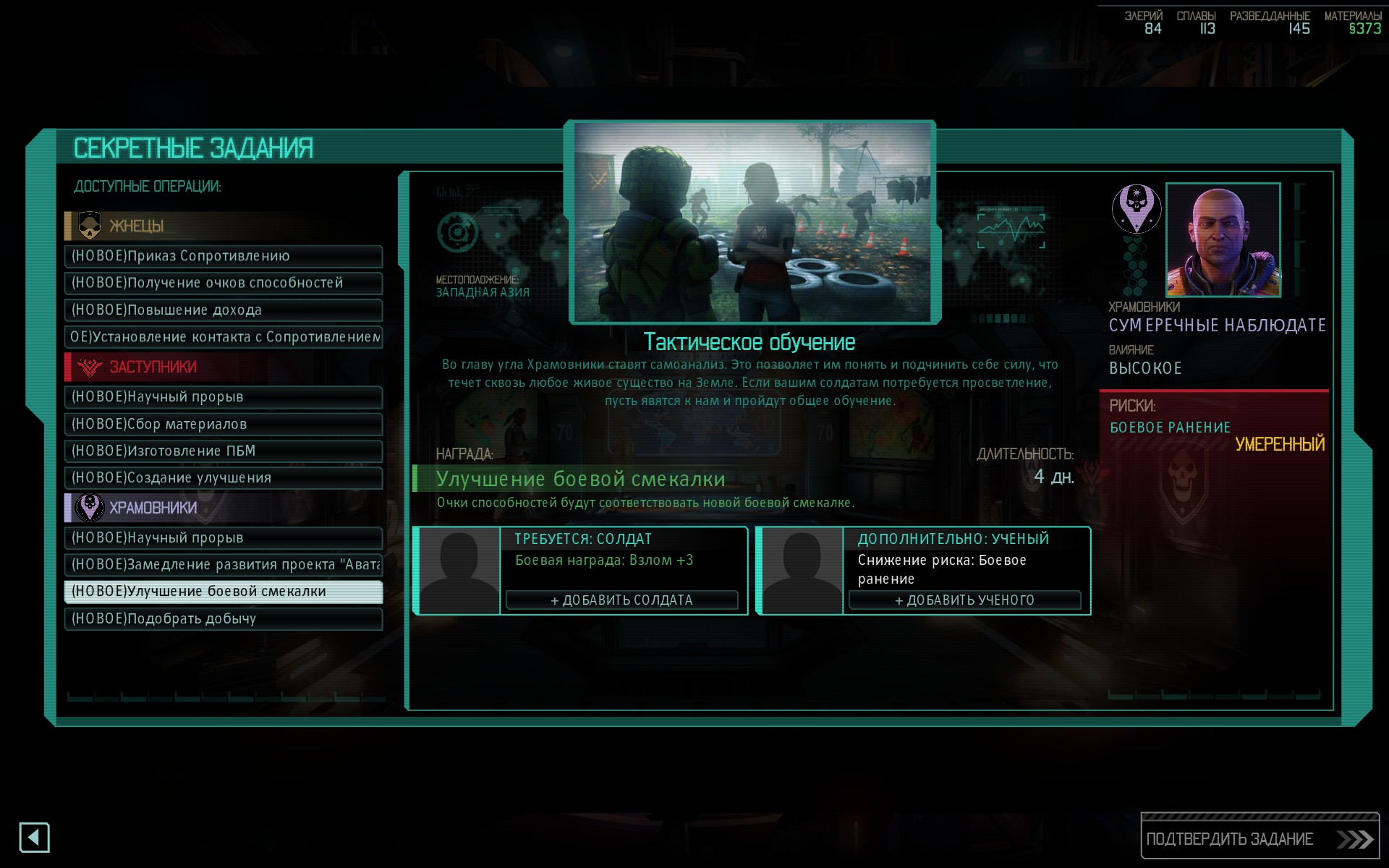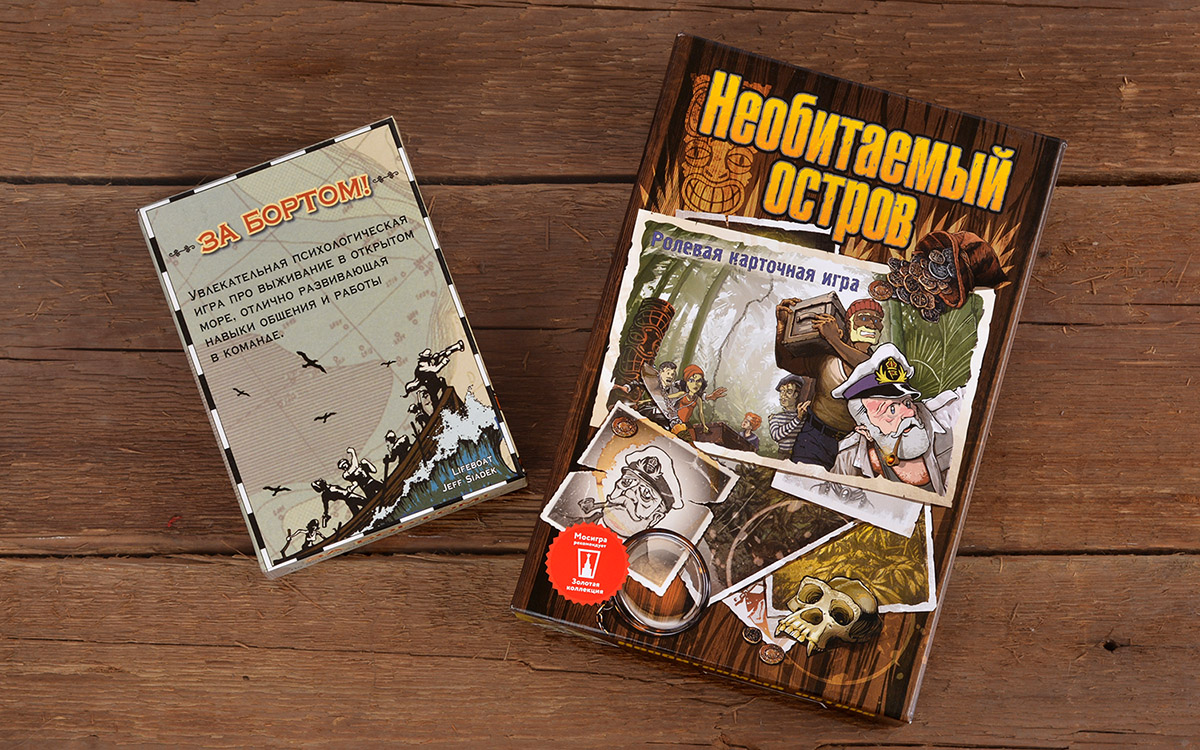What sequels are cool games?

From the point of view of sales, the continuation of the game is such a thing for which there are no discounts. More precisely, as after the release of the continuation, you can distribute the basic game at least for free, and then some of the players will be involved and buy an addition for the full price. Electronic. In the world of nastol sequel-addition buy 25% of the players of the basic version.
From the point of view of development, continuation is bringing to the ideal and perfection all that you have been thinking about the game for the last couple of years. And more new mechanics. And a lot of cool content.
From the point of view of the plot, the sequel is a thing that has to cling to new players who have missed the beginning, and to the insanity to like the old ones who know the whole story.
In general, from all this it follows that some continuations are a terrible attempt to cut down money, and some are just magic gifts. Let's talk about the latter.
DLC case
This is the fan continuation of the second Fallout, “Fallout of Nevada”. Not less impressive than Wasteland 2. In general, Fallaut has such a dense setting that if you just get into it, then the criterion is simple - either it is post-apocalypse in Fallout, or it’s some kind of crap. May the fans forgive me, but the works of Bessda are the second category. But Nevada is the first:

What's so good? That the game does not lower the bar set by the original. Inside a lot of new content. The player’s influence on the world is still high. Good complexity, and the internal logic has a little exchanged - only in plus.
But this continuation is a rare case of a situation when a DLC is needed, rather, since the core of the game is already very cool. There are no changes in mechanics, there is nothing globally new in the setting. According to the same scheme, “Blood and wine” was built by the third Witcher.
The chain of books also works. Imagine that your name is George Richard, and you have written 10 books. In the usual series, if the first one “shoots,” then the rest will be read by these 10-25 percent of the audience. Conversion will depend on the success of the series.
The case of changing mechanics
This situation is more complicated. Here the best example is the addition to XCOM2 (more precisely, the mod) Long War 2. Remember the problems of the second X-team? There was just realism reigning around - it was generally incomprehensible what was happening, how, why one could react only to one event out of three, and so on. I wanted more micromanagement in the spirit of the first sub-game.
Wanted? Get it. Sign here. Long War 2. It is 10 times longer in transit time. She does not care about your mental health (that is, not YOBA), you can easily lose the campaign in 20 hours of gameplay. And there is everything that was lacking in the original - and the economy, and the smooth development of technology, where it is necessary to tear out every detail with teeth, and several combat units in action. The ingenious find with penetration is brilliant - now it is necessary to deliver a detachment 5-7 days before the mission, so that they penetrate the perimeter. There were really large groups of enemies. You can go on a mission with a huge crowd, and the usual scene of the landing party from the Skyranger from the very first part almost repeats. In general, a lot of wild hardcore joy.

The official addition of War of Chosen took on some chips and - Firaxes have found a way to make missions less frequent.

In this case, the plot of both sequels is the same - everything fits into the basic plot of the game. But the mechanics change significantly both there and there, which adds a sea of joy.
The case of a separate game "from scratch", but the ideological continuation
In computer games, these are chains like “Wangers - Perimeter”. In the desktop world, there is one thing from a cool Syadek, who just incredibly pleased me as an example of how to do everything correctly. Many years ago, he released the game Lifeboat ("Overboard" in the Russian locale) in the Hitchcock movie of the same name. You and five more strange types are escaping from the sunken ship on the boat. New game - "Uninhabited island" about how you and five strange types survive on the island. Released in Russian in winter.

Games have the same mechanics, but differences in hundreds of details. Games do not continue each other and are played separately from each other, but they clearly have a common plot, and with a bunch of Easter eggs about what happened to the characters:

Further such changes:
- The “Overboard” is so zabubennye rules that we rewrote them three times, until the players stopped complaining. Everything is much simpler on the Island - they also complained to Syadek. That is, now you can learn the game much faster.
- The balance has changed a lot. If in “Overboard!” Everything was built on psychology, and the characters were mathematically unequal, then there is already a classic resource balance, where the evaluation function is “winning”. In general, a fundamental change in balance is always a feature of well-rethought games.
- There were clear motivators to do something inside the game. Previously, there was no food system, and therefore the places on the boat did not differ much. There is a constant seething and movement for where to be. Very cool.
- Syadek has incredibly tightly integrated the generation of random numbers into maps - there is a whole story there, it is better to read the mechanics. In short - the same card can be used in many situations, instead of adding a cube to the game, another deck of cards, and so on. At the same time, he managed almost not to complicate the mechanics. This is similar to intro64k optimization, but only in board games. And then, the peasant had a few years to think about.
- The rules are designed to leave fewer holes - if earlier the FAQ on the game took up two pages and caused epic discussions on the forums, now it is much simpler.
- Gameplay is accelerated - the uncle carefully picked out all the raisins, and then left only him. No complicated calculations, low downtime.
The submission of rules has changed, now the examples are specific and with pictures:

In general, it is cool. And the game is good to learn how to continue. Especially on Easter eggs and flavors.
Why are some continuations not interesting to play?
Mass Effect Andromeda is more boring than the second ME (subjective assessment, I did not want to offend ME4 fans, I respect the proud publishers from Biovars). Fallout 3 is more boring than New Vegas. But XCOM and UFO (underframe strategy and three-dimensional Firaxis game) are about the same in density of game events.
The reason - yes, the very density of events. If you chew snot 5 minutes, and then 2 minutes something you decide or something surprised - this is bad. The inverse ratio is better.
In this regard, such things as plot twists are the most illustrative. Here again, the world of The Witcher is smaller than the world of Skyrim, but it is more interesting to study it. On the other hand, the Dragon Age world of the same size and not procedurally generated, but still “The Witcher” is more interesting. Why? Because in the Slavic fantasy there is not a single scene in the plot, where everything would go the way you imagine.
When the plot goes all the way you can predict - this is a bad plot. The plot should surprise and delight either with small details, or as a whole by turning. In a good detective story there must be at least three turns. The best illustration was in one cyberpunk on Zilante - there the guy came up with a witness to the murder, a 12-year-old boy. The boy says he sees nothing. Then it turns out that he has a shiz, and saw all of his second person, to whom she still needs to get through. Ahhh!
In The Witcher, in his book Dr. Pan Andrzej Sapkowski laid down such hellish contradictions that it was an unprecedented pleasure. All the first stories of the Witcher before the story with Buttercup in Brokilone (written long before the main cycle, even when Geralt was an old screaming grandfather in the plot) - they are about atypical cases from the life of a typical witch. Not only that we did not see the typical witcher, so here he is also debugged. Exactly the same Azimov cycle about robot-psychology is atypical cases of a typical robot-psychologist.
In the game it is developed and supported by game mechanics. Only the dialogues are worth - each of them can be enjoyed as separate jokes. This is Slavic involvement as it is. By the way, you want examples of Slavic involvement - see the chain of films "Polish Legends". This is right the most juice plot twists. Start with "Operation Basilisk", here there are Russian subtitles. Although without them, too, everything is clear:
So here. If someone in the storyline team did not have madness, then there will be no twists. Because they need to prescribe lovingly, and they take a lot more resources than the usual linear story. And if the density of events was still decided to be replaced with something stupid, like stretching the game time due to the “work of the postman” on quests - that's all, there will be no interest.
In general, like this. There is a lot of work on mechanics, so that it becomes better and a little different, a lot of plot work for the sake of new game events, not to be free - and you get a new cool thing in the old world that everyone will recognize. You do not have to get acquainted with him again, and you can just have a great time where you already were and get good impressions.
And now tell, please, whether there are any continuations in computer games, movies, books or desktops that you are really waiting for. Not mods, add-ons or add-ons, but full-fledged sequels.
